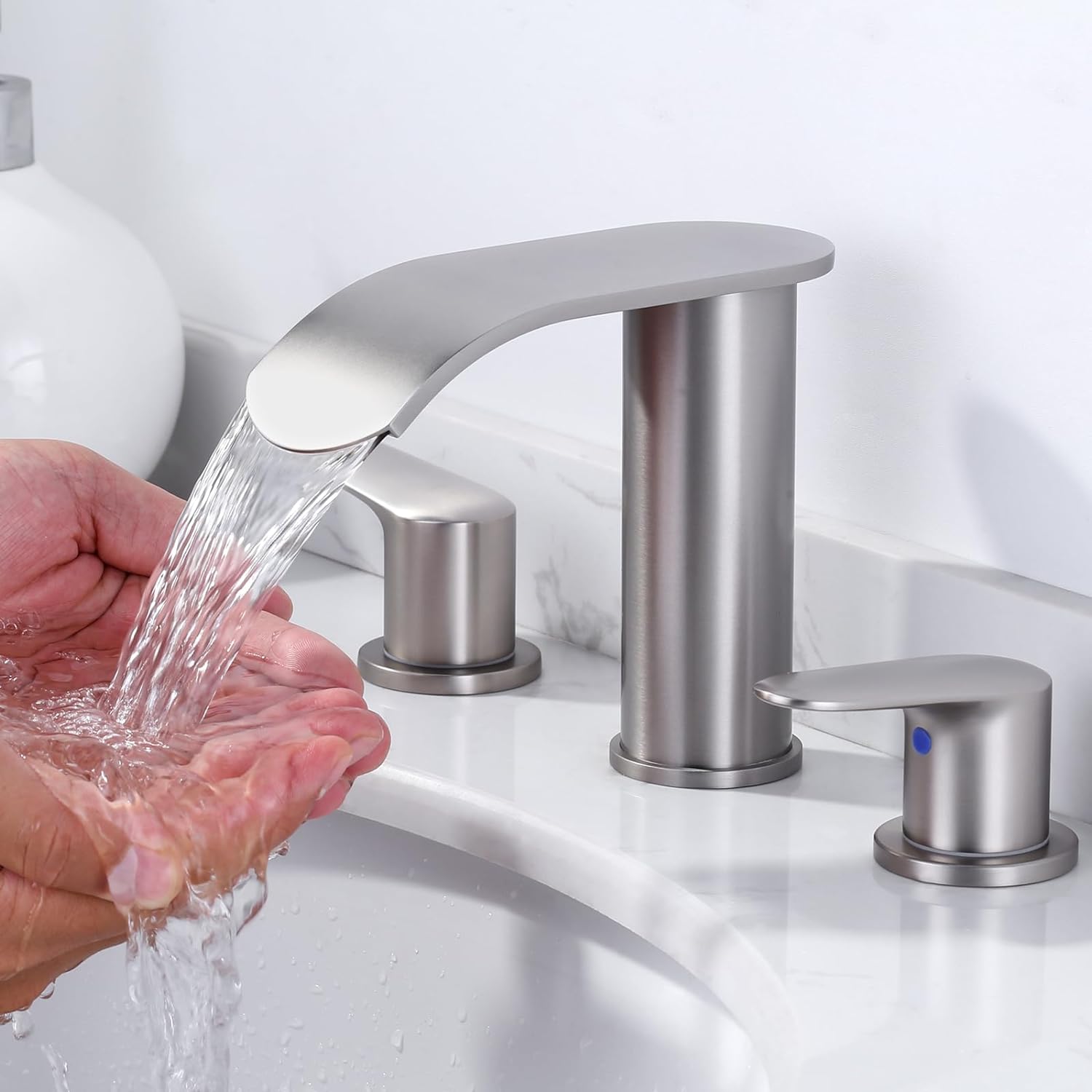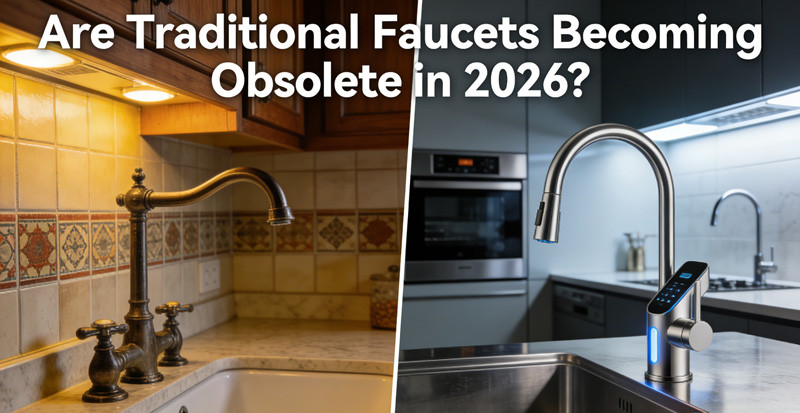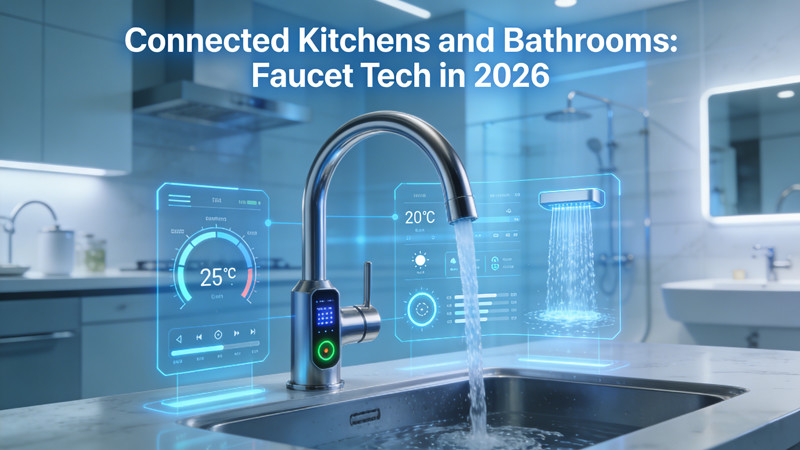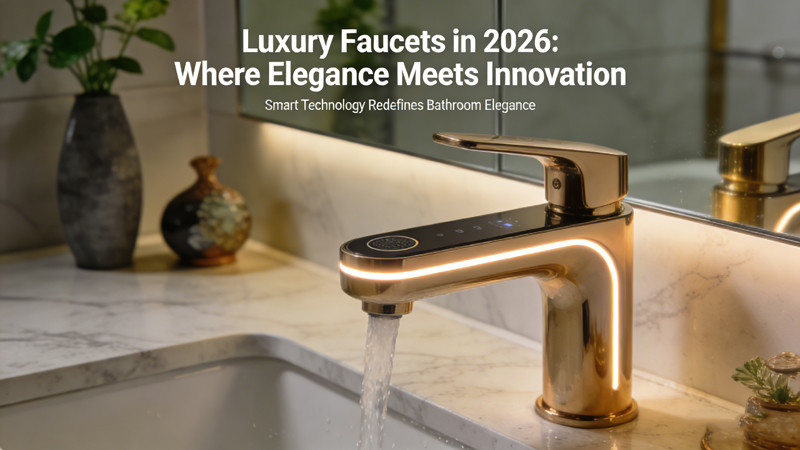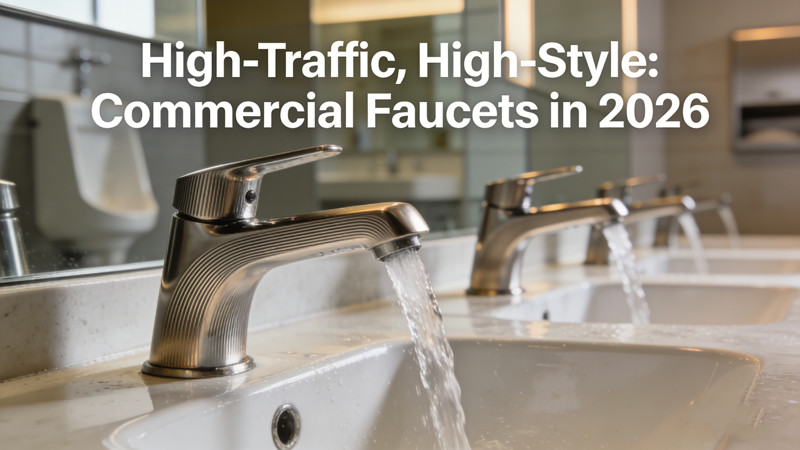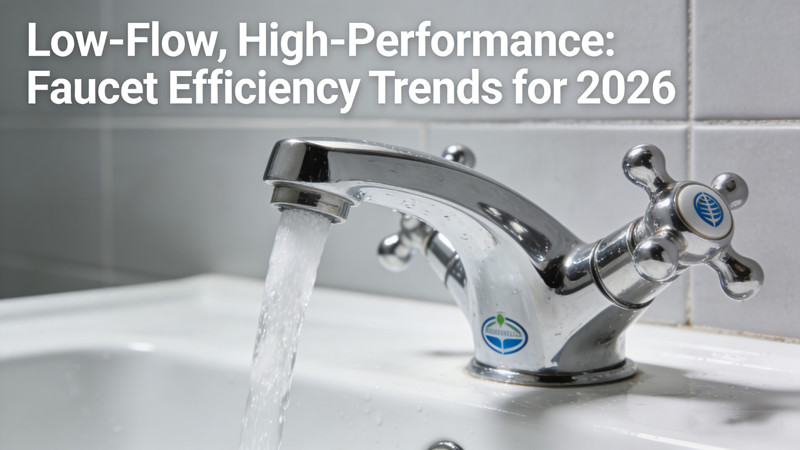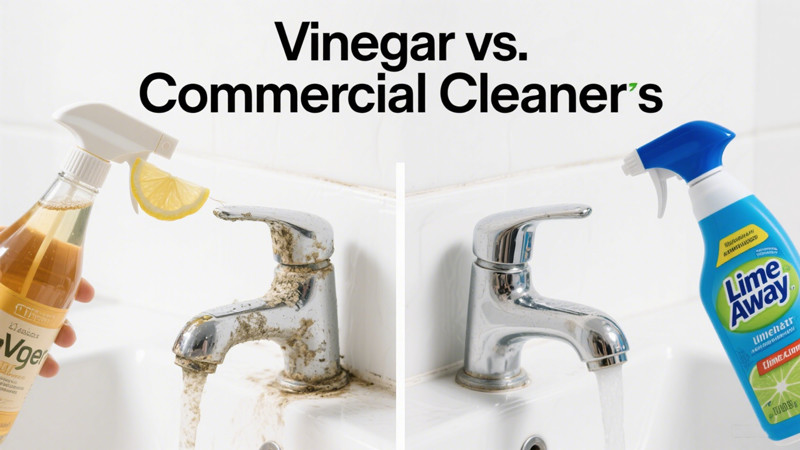
When it comes to cleaning your kitchen or bathroom faucets, the options can feel endless. Walk into any store, and you’ll find shelves lined with shiny commercial cleaning products promising to dissolve limescale, kill germs, and leave your fixtures sparkling. But then there’s vinegar—humble, affordable, and always sitting in your pantry.
So which one is actually better for cleaning faucets? Should you reach for the branded spray bottle or just grab the vinegar and get scrubbing?
In this post, we’ll break down the pros and cons of vinegar vs. commercial cleaners, look at the science behind how they work, and help you make the best choice for your home, your health, and your fixtures.
🧪 What’s Really on Your Faucet?
Before comparing cleaners, it’s important to understand what you’re dealing with when cleaning a faucet.
Most faucet grime falls into a few common categories:
- Limescale: White, chalky deposits from hard water.
- Soap scum: A mix of soap residue and mineral deposits.
- Bacteria and germs: Especially around handles.
- Grease and grime: In kitchens, food splatter and oils can build up.
- Fingerprints and water spots: Particularly noticeable on chrome and matte finishes.
To clean effectively, a product needs to remove all of these without damaging the faucet’s finish.
🧴 Commercial Faucet Cleaners: What They Offer
Commercial faucet cleaners are formulated for one thing: performance. They often contain surfactants, solvents, and acids that break down grime quickly and with minimal scrubbing.
✅ Pros:
- Fast results: Many commercial cleaners dissolve mineral deposits almost instantly.
- Targeted formulas: Products are often labeled specifically for limescale, rust, or soap scum.
- Antibacterial properties: Some offer germ-killing abilities, useful in shared bathrooms or kitchens.
- Fragrance options: Leave behind a “clean” scent.
❌ Cons:
- Harsh chemicals: Many contain strong acids like hydrochloric or phosphoric acid, which can irritate skin or lungs.
- Environmental impact: Some ingredients are not biodegradable and can pollute waterways.
- Surface damage: Regular use of acidic or abrasive cleaners may dull or pit delicate finishes, especially matte black, brass, or brushed nickel.
- Cost: A specialized cleaner can cost $5–$15 per bottle.
Best For:
- Heavily soiled faucets.
- Homes with very hard water.
- Commercial bathrooms.
- Quick cleanups before guests arrive.
🧂 Vinegar: Nature’s Multi-Purpose Cleaner
White vinegar (typically 5% acetic acid) is a common go-to for green cleaning. It’s natural, non-toxic, and cheap. But how does it hold up against tough faucet grime?
✅ Pros:
- Effectively removes limescale: Acetic acid in vinegar dissolves calcium deposits naturally.
- Non-toxic: Safe around pets and kids.
- Inexpensive: A gallon costs less than $3.
- Eco-friendly: Biodegradable and free from synthetic chemicals.
- Deodorizing: Neutralizes odors without artificial fragrance.
❌ Cons:
- Slower action: May require soaking or repeated applications.
- Not a disinfectant: While it kills some bacteria, it doesn’t meet EPA standards as a disinfectant.
- Pungent smell: The scent can linger if not rinsed.
- Not safe for all finishes: Vinegar can corrode natural stone, some rubber seals, and delicate finishes over time.
Best For:
- Routine weekly maintenance.
- Households avoiding synthetic chemicals.
- Budget-conscious or eco-conscious consumers.
- Light to moderate buildup.
🧼 Real-World Tests: What Works Better?
Let’s say your faucet has moderate hard water stains and some soap scum. You try both options:
Test 1: Vinegar
You soak a paper towel in vinegar, wrap it around the faucet neck, and let it sit for 30 minutes. After removing it and scrubbing gently with a soft cloth, most of the mineral deposits are gone, though a few stubborn spots remain. No odor lingers after rinsing with water.
Test 2: Commercial Limescale Cleaner
You spray the cleaner on, wait 2 minutes, and wipe. The minerals vanish almost instantly, but a strong chemical smell remains. The faucet shines, but your hands feel slightly irritated from accidental contact with the cleaner.
Conclusion:
Commercial cleaners win for speed and power, while vinegar is a solid option for gentle, consistent maintenance.
⚠️ Important Warnings
- Never mix vinegar with bleach or ammonia — this creates toxic fumes.
- Avoid using vinegar on natural stone cou
 WOWOW Faucets
WOWOW Faucets